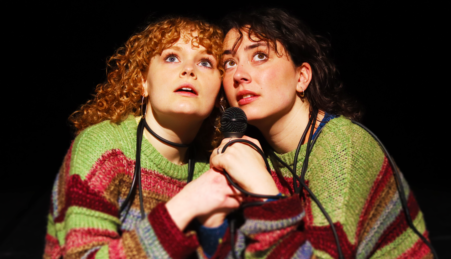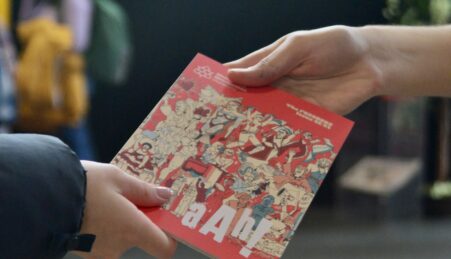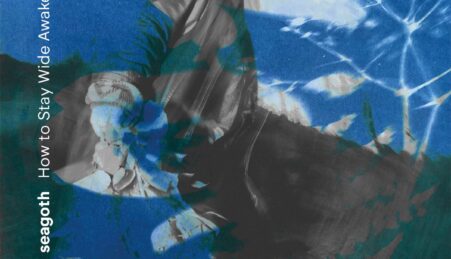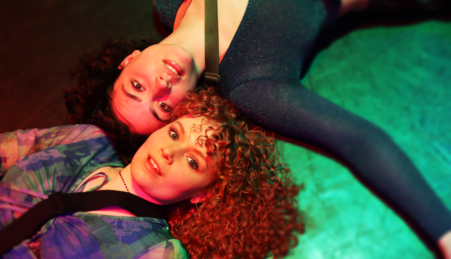
Humanity Hallows Issue 5 Out Now
Pick up your copy on campus or read online
By Bridget Taylor
Manchester Central Library’s ‘Outspoken’ event, part of the 2017 Queer Contact Festival in collaboration with Manchester Writing School, certainly lived up to its name. It brought together a diverse range of talent who were unafraid to tackle subjects that are rarely acknowledged in public discourse, or even in the more ‘mainstream’ poetry world. Festival Producer Barry Priest captured the event’s spirit: “We aim to celebrate LGBT+ history month through the medium of arts and culture, bringing together the best of the national and international talent from across the north-west region. At its core, it’s really inclusive and diverse.”
The event was diverse in two senses: the poems performed ranged from the sex lives of plants to the iniquities of the benefits system, and the poets themselves were a far more diverse line-up than is the norm. Though this was done in a variety of ways, all four guest poets were keen to speak about their identity, and particularly about how we have multiple identities that often transgress the boundaries that other people have put around them.
Maya Chowdhry spoke about wearing a sari on a night out in Manchester’s gay village, which ended up challenging the preconceptions people had about both her Asian identity and her queer identity. Afshan D’Souza-Lodhi, who was known as the lesbian terrorist when she performed at the Edinburgh Fringe Festival, was critical of both Islamophobic stereotypes and the way sex is portrayed by Islam. She argued that everyone is covered to a certain extent, and so it is unfair to pigeonhole Muslim women because of this.
Dean Atta also focused on the need for identities to be more flexible and inclusive; he prefaced his poem ‘Young, Black and Gay’ by saying he gets asked where he is from a lot, and the questioner is often not satisfied by the answer ‘London’. A line from the poem states, “I come from the Union Jack and the rainbow flag,” emphasising that the boundaries of identity are not fixed but fluid.
Jackie Hagan’s poetry came from a very different perspective, but a perspective that is also often ignored or demonised by the mainstream media: a working class one. Her very funny set was at pains to redress the balance, to recognise the fact that working class people are neither saints nor sinners but just people, and people who are so often portrayed as “pointless/worthless/should give birth less,” when the reality is they are often living in very difficult conditions. She described a woman who would “spend her last fiver on cider when the leccie goes/ cos you can either sit in the light or drink in the dark.” A line that really captured that experience was: “Everyone gets narky when things don’t go their way/ so just magnify that loads.”
These poets were speaking from and about perspectives that are rarely, if ever, heard from in the mainstream media. If the poetry itself sometimes lacked quality, this was made up for by the fact that the words had an impact that went beyond the limits of an evening’s reading. Poetry should be a space that is open to everyone, a space where typically marginalised voices can speak. Too often there is a divide created between the academic world of ‘page poetry’ and the less ‘establishment’ world of performance poetry. This event made it clear that the two traditions need to open up more to each other, that, if poetry is to stay relevant, it needs to include a diversity of voices, which often can’t find a home elsewhere.
To find out more about Queer Contact, visit the Contact Theatre website.






Leave a reply